A crash cart, also known as a code cart or emergency cart, is a vital piece of medical equipment found in hospitals and other medical facilities. It is a mobile workstation containing medications, supplies, and equipment specifically designed to respond to life-threatening emergencies.
The contents of a crash cart can vary depending on the specific facility and its needs, but they generally include:
Airway management devices: These include items such as laryngoscopes, endotracheal tubes, bag-valve masks, and suction catheters, which are used to maintain an open airway and allow the patient to breathe.
Medications: Crash carts typically contain a variety of medications that can be used to treat cardiac arrest, respiratory failure, shock, and other critical conditions. These may include epinephrine, lidocaine, atropine, vasopressin, and sodium bicarbonate.
Intravenous (IV) fluids and supplies: These are used to rehydrate patients and deliver medications directly into the bloodstream.
Defibrillator: This device is used to deliver an electrical shock to the heart in order to restore a normal heart rhythm.
Cardiac monitoring equipment: This equipment is used to monitor the patient’s heart rate and rhythm.
Other supplies: Crash carts may also contain a variety of other supplies, such as syringes, catheters, bandages, and blankets.
Crash carts are typically located in high-traffic areas throughout a medical facility, such as hallways, emergency departments, and operating rooms. They are brightly colored (often red) and easily recognizable so that medical personnel can quickly locate them in an emergency.
The use of crash carts is an essential part of emergency medical care. By providing quick and easy access to the necessary equipment and medications, crash carts can help to save lives.
Emergency Crash Cart price
The price of an emergency crash cart can vary depending on several factors, including:
- Features: Crash carts come in different configurations with varying functionalities. Basic carts might just hold shelves and drawers, while more advanced models can include features like built-in ECG monitors, medication dispensing systems, and electrical outlets.
- Manufacturer: Different medical equipment manufacturers offer crash carts at varying price points.
- Supplier: Prices can also fluctuate depending on the supplier you purchase from.
That being said, here’s a general idea:
- Basic crash carts: You can find basic models starting around $1,000 [USD].
- Standard crash carts: These typically range from $2,000 to $4,000 [USD]. They include the essential medications, airway management devices, and basic monitoring equipment.
- Advanced crash carts: These top-of-the-line models can cost upwards of $5,000 [USD] and come with a wider range of features and functionalities.
Here are some resources to help you get a better idea of crash cart pricing:
- Medical equipment suppliers: Look for websites of medical equipment suppliers in your area. They often list their products with prices.
- Universal Medical provides a price range for crash carts on their website https://www.optium.com.tr/medical-carts
Remember, these are just estimates. The best way to get an accurate price for a crash cart is to contact medical equipment suppliers directly and request quotes based on your specific needs.


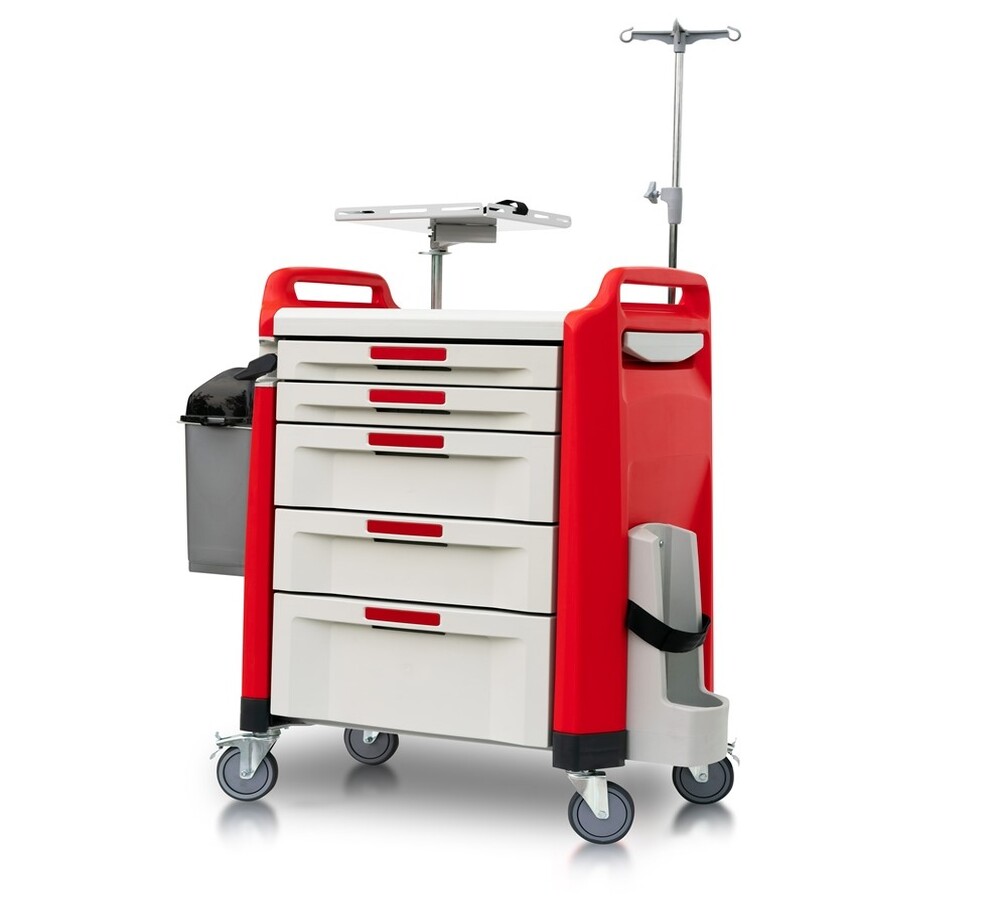
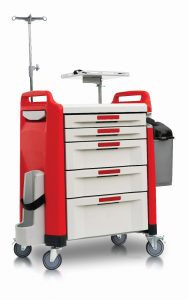
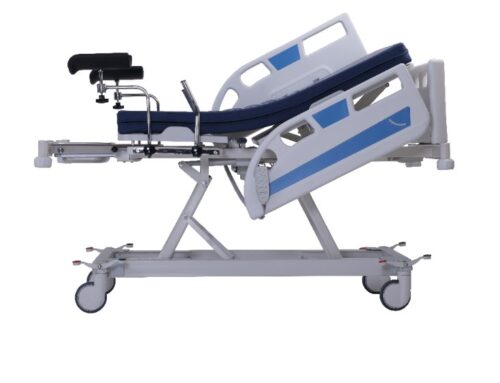
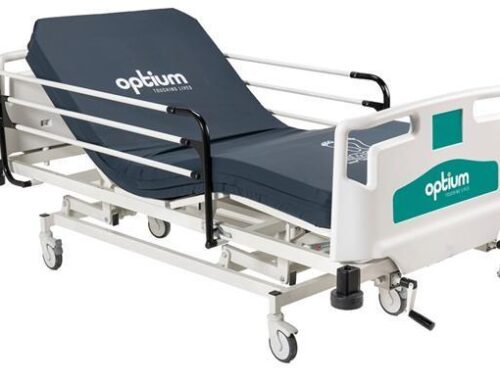
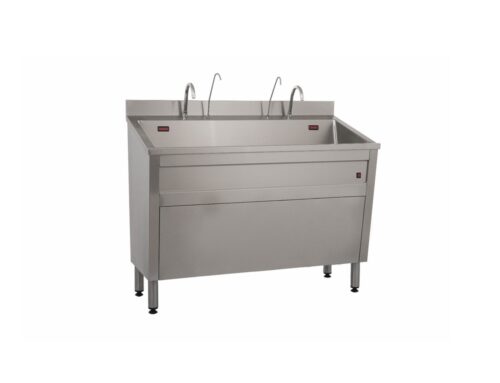
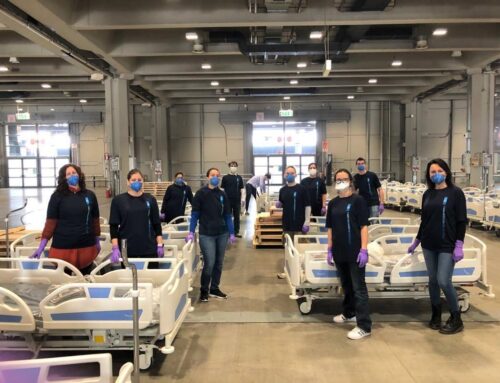
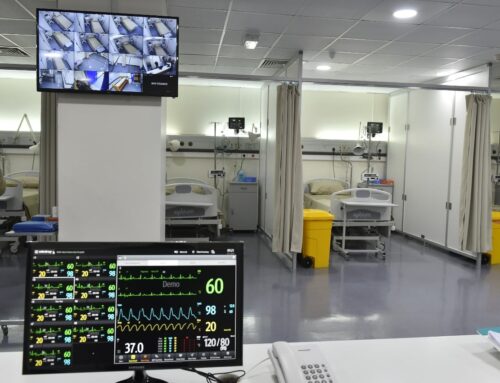
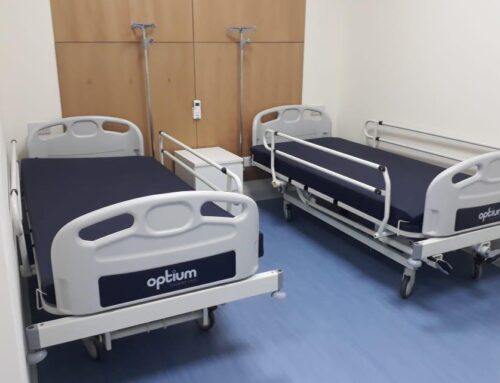
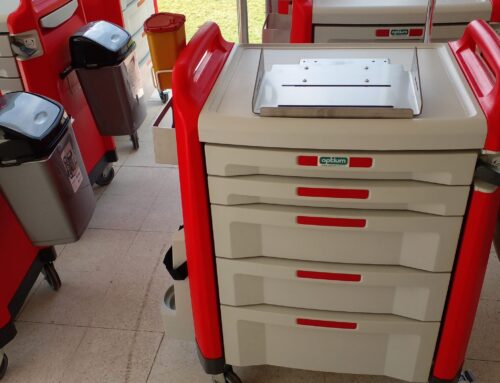
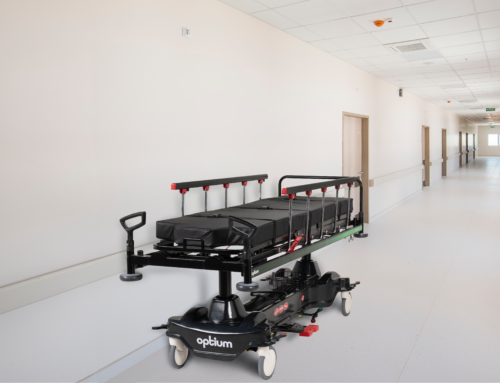
 WhatsApp
WhatsApp